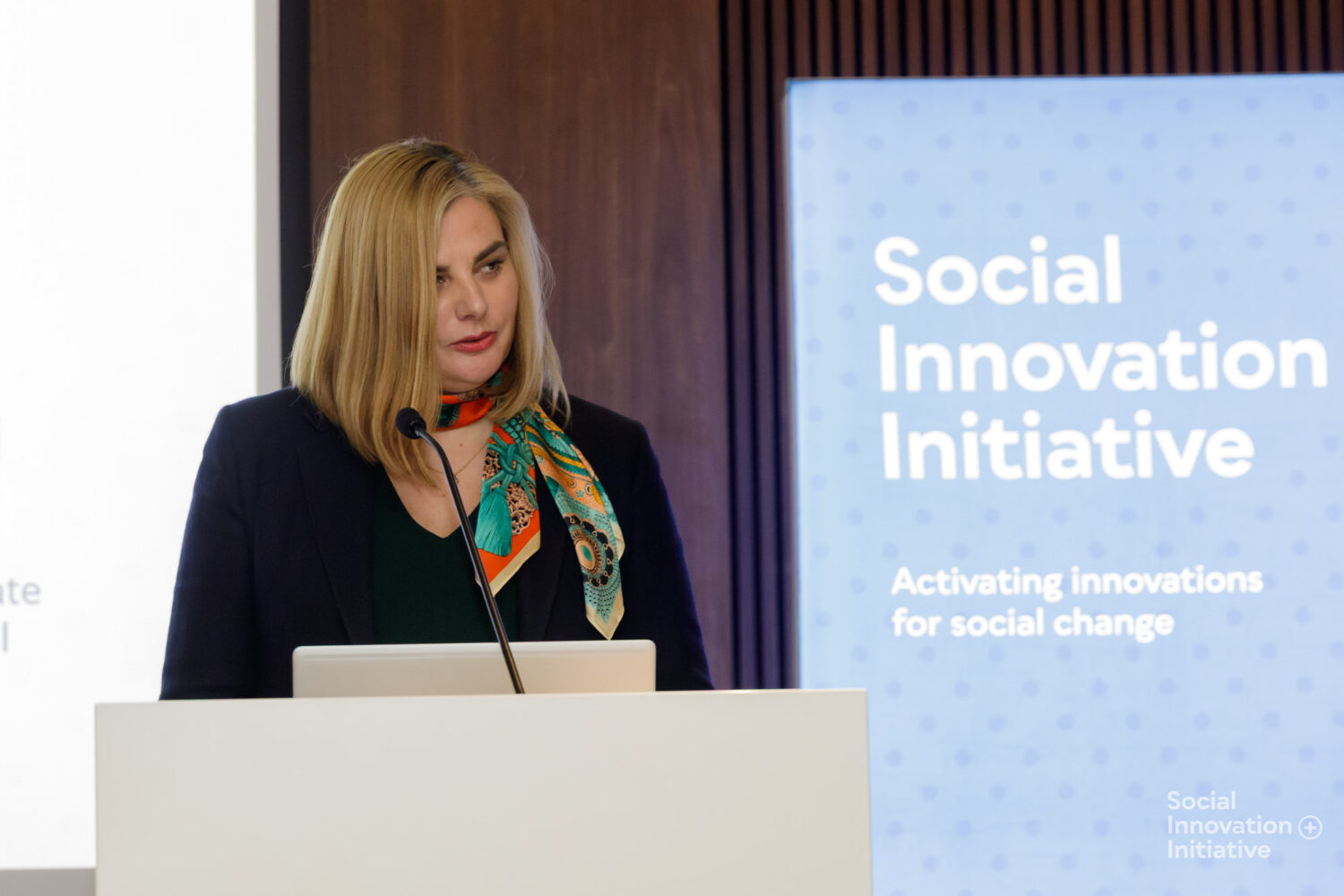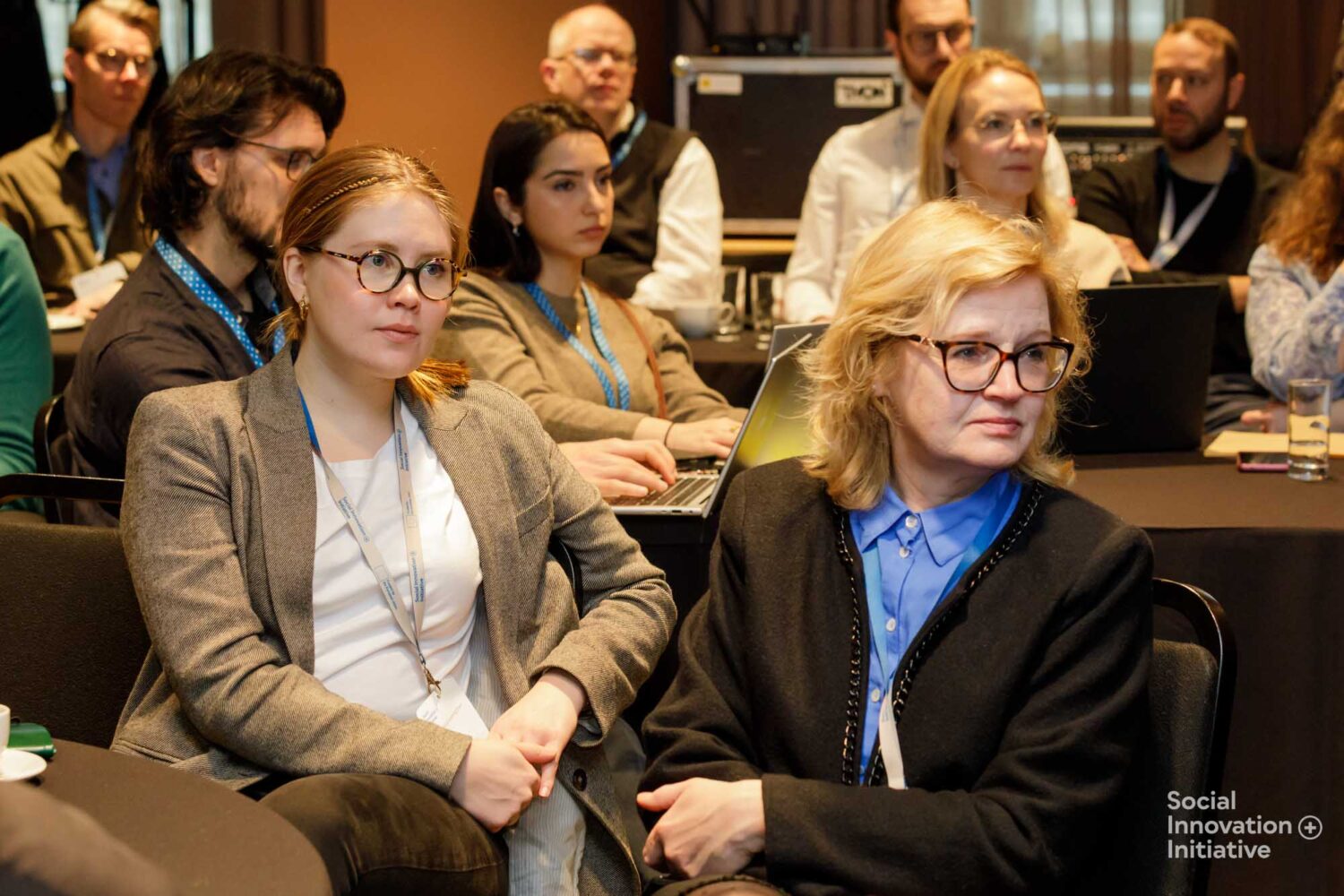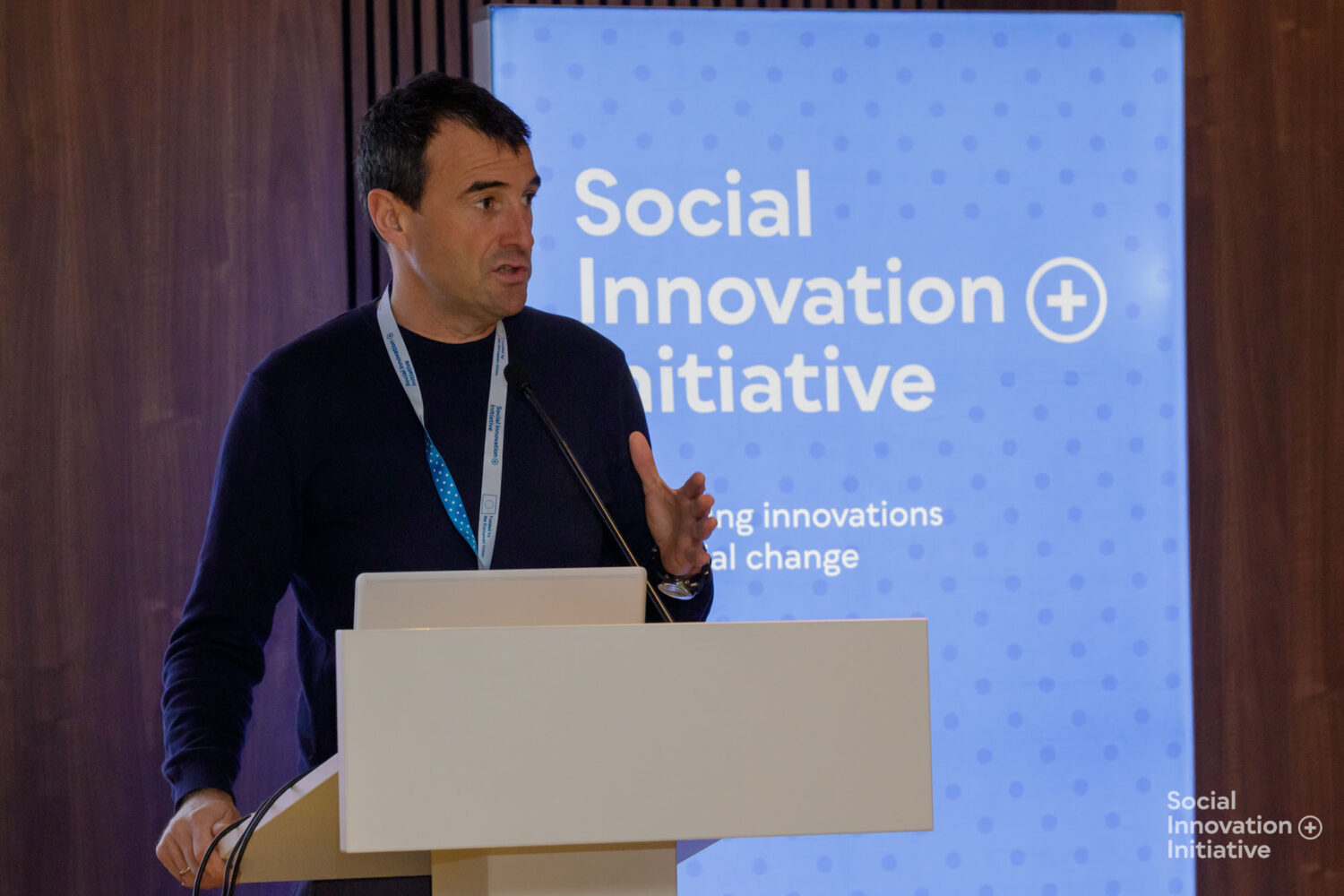A Smart Investment in Our Future: The Case for National Competence Centres for Social Innovation
Europe faces a complex web of challenges, from climate change and inequality to economic uncertainty. Addressing these issues demands innovation, and National Competence Centres (NCCs) are proving to be a key ingredient for success. They are not just about good intentions; they are delivering tangible results and offer a smart way for policymakers to build a better future for their communities.
Connecting for change
NCCs act as hubs, bringing together the brightest minds and most passionate actors in the social innovation space. They connect social entrepreneurs with investors, NGOs with public agencies, and even everyday citizens with the resources they need to make a difference. This collaboration brings groundbreaking solutions to pressing social problems.
Sven Zivanovic from Social Impact, the German NCC points out that, ‘Social innovation is vast, requiring collaboration across sectors. The essence of the NCC is to create safe spaces where diverse stakeholders can connect, understand each other, and work together, breaking down the silos that undermine progress.’
Ideas turn into reality
NCCs are a one-stop shop for social innovation. They offer training, mentoring, and expert advice to help social innovators turn their ideas into reality. They also provide access to crucial funding, navigating the often complex world of grants and investment. This support empowers innovators to scale their impact and create lasting change in their communities.
Alexis Bouges from Avise, the French NCC, shares that, ‘Our support for La Boîte à Plat, a deposit system for takeaway food, is an example of how the French NCC works. From initial programme participation to ESF funding and ongoing support, they have grown from a local initiative to a national success, now preventing 50,000 single-use containers from becoming waste each month.’
Scaling social impact
NCCs function as important social innovation scaling hubs, with their experts engaging in international activities such as transnational projects and European Social Fund Plus Communities of Practice. This allows them to transfer best practices from their own countries while absorbing and sharing successful ideas from others. Consequently, social innovations that have proven effective elsewhere gain visibility and can be trialled or adapted in different contexts, like organisations, cities, or regions, to address previously unresolved or unsuccessfully tackled societal challenges.
Kaat Peeters from Sociale InnovatieFabriek, which is also the NCC in Belgium, explains, ‘We are working on scaling social innovations. We not only provide access to funding, including opening new streams like dormant accounts and pension funds, but we also facilitate international expansion, as demonstrated by the successful scaling of the Papillon project to the Czech Republic.’
‘The primary opportunity, and success, of National Competence Centres lies in their ability to unite diverse social innovation actors – social enterprises, ESF project promoters, and others – to tackle shared societal challenges. Breaking down silos and fostering genuine collaboration are the cornerstones of effective social innovation across Europe,’ says Barbara Willsberger from L&R Sozialforschung , the NCC in Austria.
Shaping a better future
But NCCs do more than just support individual projects. They also play a crucial role in shaping policy. They provide policymakers with data-driven insights and real-world examples of what works, ensuring that social innovation strategies at the policy level are effective and impactful. This means taxpayer money is being used wisely, supporting initiatives that truly make a difference in people’s lives.
‘NCCs are key players because of their knowledge and connections within their national ecosystems. They are vital partners for informing European Social Fund Plus Managing Authorities and the European Commission in supporting social innovation initiatives,’ says A. Bouges.
Building a stronger society
The benefits extend far beyond individual projects. NCCs boost local economies by supporting the growth of social enterprises, creating jobs, and stimulating sustainable development. They also improve public services, making them more accessible, efficient, and responsive to the needs of citizens. From better healthcare to more inclusive education, NCCs are contributing to a stronger and fairer society.
‘NCCs empower national and regional authorities to address economic and social challenges. They achieve this by creating collaborative platforms between public institutions and for-profit organisations, facilitating the identification of local needs and assessing regional potential. Given the complexity of today’s challenges, input and cooperation from all stakeholders and communities are essential,’ states Fabrizio Barbiero from Comune di Torino (City of Torino), the Italian NCC.
The best time to invest is now
Social innovation is not a luxury; it’s a necessity. NCCs are the engine that drives innovations, delivering tangible results for communities across Europe. Investing in NCCs is not just a good idea; it’s a smart investment in a brighter future. It’s an investment in jobs, in stronger communities, and in a more sustainable and inclusive society for all. It’s a win-win-win for policymakers, government institutions, and the people they serve.
















